Gideon Moi, the son of Kenya’s second president Daniel arap Moi, continues to draw sharp criticism years after his father’s long rule ended.
His political journey, once seen as an attempt to revive KANU and restore relevance to his family’s legacy, now sits under the weight of renewed public outrage.
The latest attack comes from Francis Gaitho, a vocal political aspirant known for his bold takes on governance and corruption. On October 13, 2025, Gaitho unleashed a scathing message directed squarely at Moi, reviving long-standing allegations that link him to questionable business dealings that continue to affect Kenyans today.
In his post, Gaitho accused Gideon Moi of having “his hands in many scandals engineered during his dad’s demonic presidency,” adding that the consequences of those acts still haunt the country.
He claimed that Moi owns Mobitelea, a mysterious company that once held a 10% stake in Safaricom, and which was allegedly used as a front by foreign investors to channel bribes.
The Mobitelea issue has long been shrouded in secrecy, with past parliamentary inquiries failing to identify its real owners.
Gaitho insisted that Moi’s involvement in the company reflects how corruption during the Moi era was hidden behind layers of offshore entities.
He went further, alleging that Moi owns several independent power-producing companies that supply electricity to Kenya Power.
According to Gaitho, these private firms have been key contributors to the high cost of electricity in the country through fuel adjustment levies passed on to consumers.
He argued that such inflated charges have forced many local investors and manufacturers to shut down operations due to unbearable energy costs, slowing down industrial growth and job creation.Gaitho didn’t stop there.
He accused Moi and the late Nicholas Biwott of deliberately draining dams along the Seven Forks circuit to create fake water shortages. He said they then bribed journalists in mainstream media to publish stories blaming drought, all to boost demand for electricity from their companies.
This, Gaitho claimed, was part of a pattern where Moi and his associates exploited state systems for profit while manipulating public perception through paid media coverage.
He also linked Moi to the controversial purchase of a Fokker presidential jet, which he described as obsolete and already out of production at the time of procurement.
According to Gaitho, Moi acted as the supplier in that deal, making millions from a plane that quickly became redundant and is no longer usable. He called him a “tenderpreneur,” a term often used to describe politically connected individuals who profit from questionable government contracts.
Citing the Kroll Report, Gaitho said Moi’s corruption exploits were well-documented internationally and even led to travel bans by the United States and the United Kingdom.
The report, commissioned in the early 2000s, detailed how billions of shillings were allegedly siphoned out of Kenya through shell companies, property deals, and offshore accounts during the Moi regime. While some details of those allegations remain disputed, they continue to shape how Kenyans view the former ruling family.
Gaitho’s message ended with an unfiltered condemnation, calling Gideon Moi “a cancer to Kenya,” describing him as “greedy and stupid.”
His words drew mixed reactions, with many Kenyans echoing his frustration over the country’s enduring corruption, while others saw his tone as unnecessarily harsh. Still, the post reignited debate about how historical scandals have carried over into present-day governance, leaving the public to bear the burden through high costs of living and economic stagnation.
For many Kenyans, Gaitho’s remarks reflect pent-up anger toward leaders perceived to have looted the country while remaining untouched by the law. Gideon Moi, who has maintained a relatively low political profile in recent years, now finds himself once again at the center of controversy a reminder that Kenya’s political past continues to shape its present, and that accountability for decades of plunder remains unfinished business.


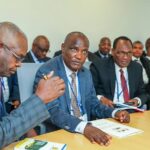




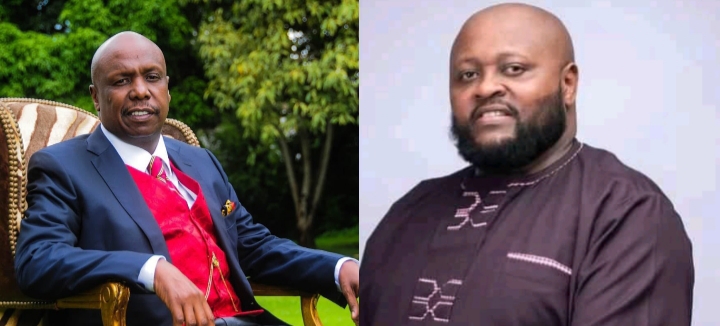


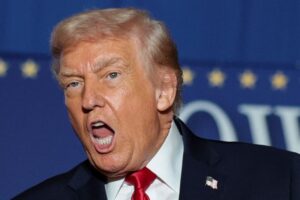



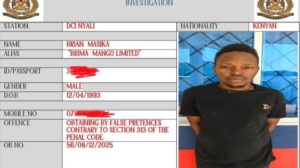





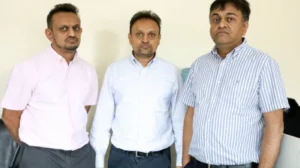
Add Comment